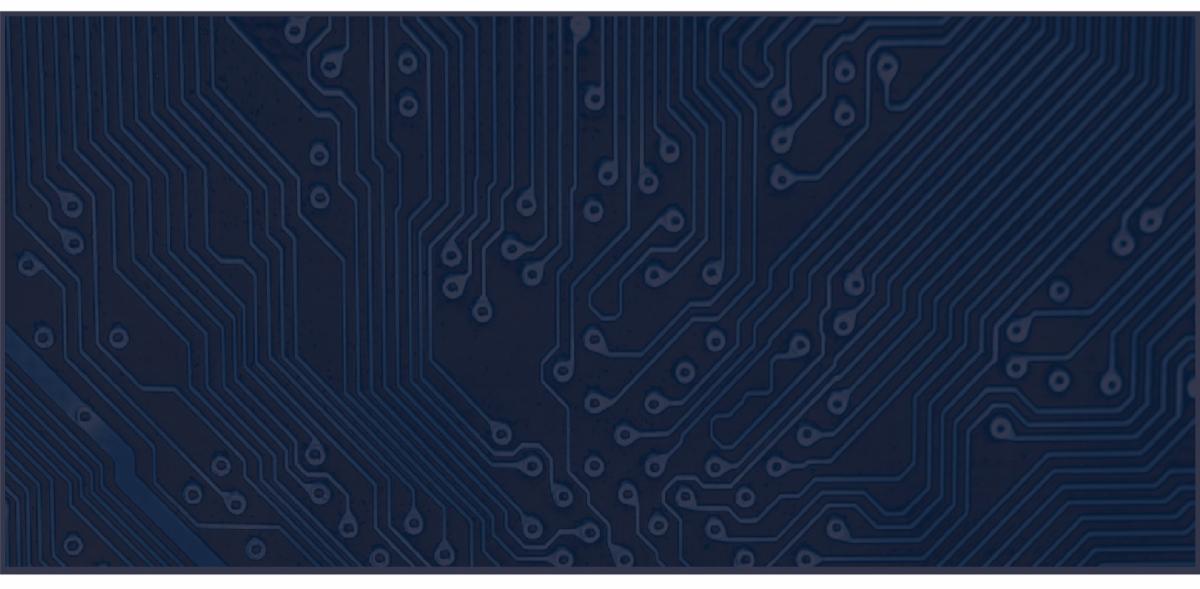Page Contents
Main Content
A boiler room can be described as an outgoing call centre, where telephone sales people use high pressure, dishonest and unlawful sales tactics to induce unsuspecting victims to invest money, purchase stocks or purchase computer programs that they claim can accurately provide advice about stocks to purchase and sell. Call centres can be located anywhere in the world with some recent arrests originating on the Gold Coast.
How does this work?
The structure of the boiler room is not unlike that of a genuine business including having sales and marketing staff who are supervised by managers and specially designated lead generators. Sales staff regularly operate under an assumed name and lead victims to believe they are situated in cities like Melbourne or Sydney to enhance the legitimacy of the fraud. To facilitate this, offenders use virtual offices in those locations which provides a physical address in an often-prestigious building.
In all known cases the product purchased is ineffective causing victims to complain and seek refunds which are almost never provided. When too many victims start to complain and publicly question the legitimacy of the company, the company “phoenixes”, meaning that the ‘face’ company closes and commences trading under a new name with the same sales team also using new names. They also change phone numbers, amend existing correspondence, marketing material and webpages before continuing. This makes it difficult to attribute the negative feedback and the fact it is an organised fraud to the “new” company. These ventures are highly profitable and victims' money is laundered by the offenders to finance lavish lifestyles and further criminal activity.
Face companies have professional looking websites to enhance their apparent legitimacy and have provided victims with highly professional and colourful brochures adding credibility in the eyes of the victim. Any written correspondence from the company is on a professional letterhead and set out as one would expect from a legitimate company. These documents appear extremely similar and in many cases, only change the company name/logo. They also contain the names and signatures of persons claiming to hold positions such as Chief Financial Officer and National Operations Manager within the various companies. In some instances, these names remain the same despite the change of business name. Checks conducted throughout this investigation have failed to link these names with any real persons.
One variation of a boiler room fraud is the purchase of software that predicts trends in share markets or other programs that predict the winners in horse races. This form of software has been used in boiler rooms frauds since the 1990’s with no known cases of the programs working as promised.
As part of the share market fraud, victims purchase proprietary trading software that purports to select the best shares to purchase or sell so that a profit is made. However, the software does not appear to select the best shares, and all persons who have transacted as per the software's recommendations have reported suffering a financial loss. Further, victims often report having to purchase a data package after the purchase of the software to make the software function. The need for this data is not disclosed during the initial sale. Victims are then advised that they can purchase the data from another company but are offered a reduced price if they purchase it through the company that they bought the software from. Investigations to date, has identified the data provider company is not a separate entity from the scam business and the associated webpages are managed by persons associated directly with TRP and the other incarnations of the fraud.
Sports arbitrage frauds offer customers the opportunity to bet as a part of a professional syndicate on sports worldwide to obtain “guaranteed returns”. The customer is offered the opportunity to purchase a package which entitles them to be involved in a pre-determined level of gambling with higher packages introducing them to potential higher profits as the bets are made by the best investors. Bets may be placed however they show regular losses and winnings are in line with what an average gambler would obtain betting using their own resources.
Alternatively, no bets are made and the information the victim sees when they log onto their online account is totally fictitious with the invested funds taken by the fraudsters.
Boiler room frauds have proven to be very successful for the criminals as they purchase address lists which identify people who have an interest in making larger than market returns involving a degree of risk. The marketing lists can also identify persons with a pre-determined level of income so the fraudsters can make their approach to high net worth individuals willing to take an investment risk. This reduces the instances of the lead generators spending time calling people with little money and who do not wish to risk what little they have.
How do I protect myself?
- Beware of people cold calling you with offers to make quick, easy money.
- Avoid any opportunity which requires you to make a hurried decision where you cannot obtain independent expert advice.
- Check with ASIC the legitimacy of the offer and whether it is registered.
- Check the identities and credentials of the people behind the opportunities.
- Once you send money overseas to invest in opportunities, there is a strong likelihood you will not see your money again.
- Follow the A,B,C’s of fraud prevention.
Report this crime
This crime should be reported to the Australian Cyber Security Centre (ACSC).
